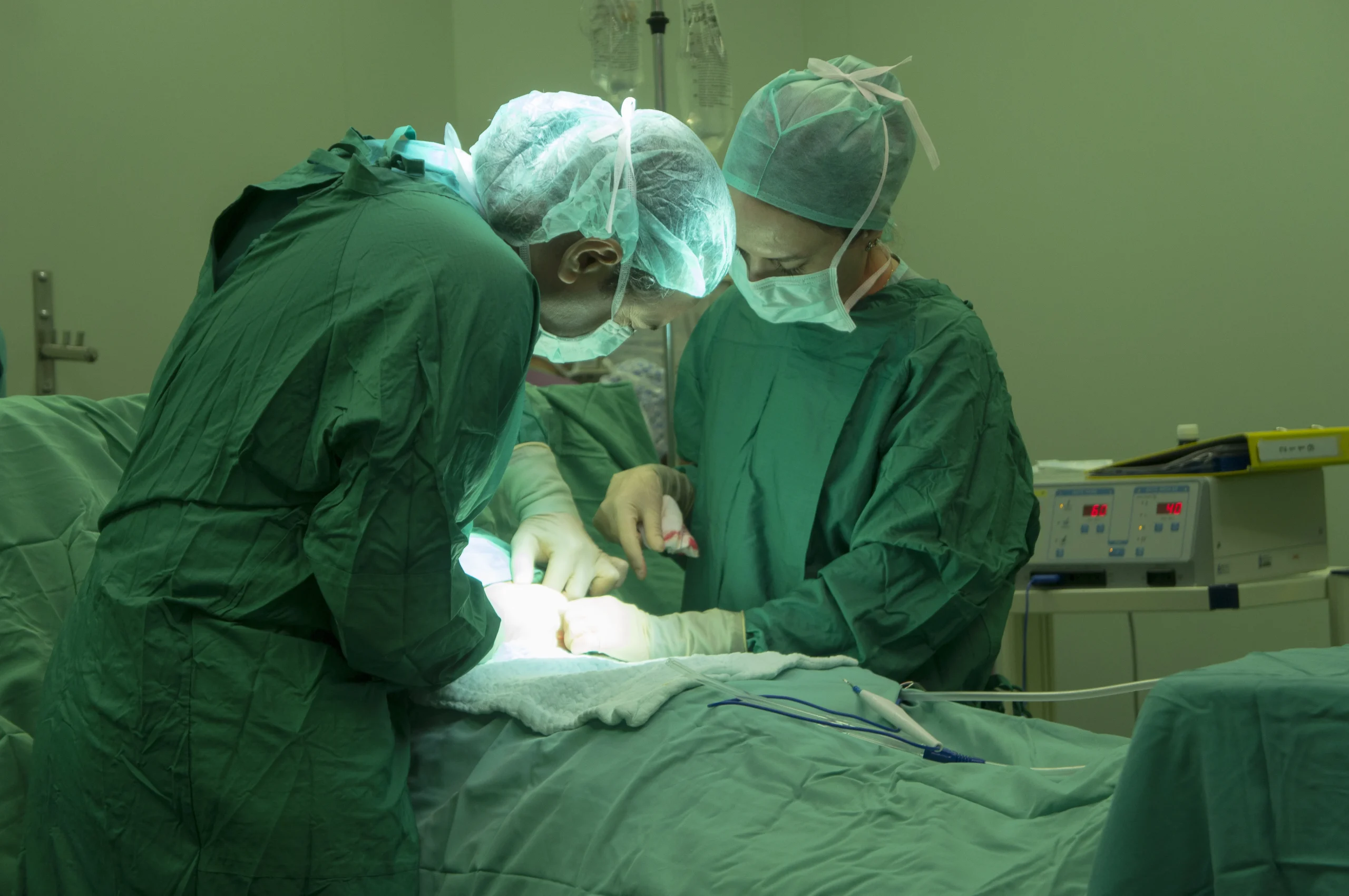Endometriosis is a chronic and often debilitating condition affecting millions of women worldwide. Characterized by the growth of endometrial-like tissue outside the uterus, this condition can lead to severe pain, infertility, and a significant reduction in the quality of life. Traditional treatments, including hormone therapy and open surgery, have limitations, often causing unwanted side effects and longer recovery periods. However, laparoscopic surgery has emerged as a game-changer, offering a minimally invasive approach with enhanced precision, faster recovery, and better outcomes.
Understanding Endometriosis and Its Challenges
Endometriosis occurs when tissue similar to the uterine lining grows in areas like the ovaries, fallopian tubes, peritoneum, and even the intestines. During the menstrual cycle, these lesions respond to hormonal changes, causing inflammation, scarring, and pain.
Common Symptoms of Endometriosis:
- Severe pelvic pain, especially during menstruation
- Painful intercourse (dyspareunia)
- Chronic lower back and abdominal pain
- Heavy or irregular menstrual bleeding
- Gastrointestinal symptoms, such as bloating, constipation, or diarrhea
- Difficulty conceiving (infertility)
While medical treatments such as hormonal therapy and pain management can alleviate symptoms, they do not eliminate the lesions. Surgical intervention is often necessary for severe cases, and laparoscopic surgery has emerged as the most effective and least invasive option.
What is Laparoscopic Surgery?
Laparoscopic surgery, also known as minimally invasive surgery (MIS) or keyhole surgery, involves making small incisions in the abdomen through which a thin, flexible camera (laparoscope) and surgical instruments are inserted. This allows the surgeon to visualize and remove endometriotic lesions with precision while minimizing damage to surrounding tissues.
Advantages of Laparoscopic Surgery Over Traditional Open Surgery:
- Smaller incisions lead to minimal scarring
- Reduced post-operative pain and discomfort
- Shorter hospital stays (often same-day discharge)
- Quicker recovery and return to normal activities
- Lower risk of complications, such as infections and blood loss
- Better preservation of fertility, especially in women trying to conceive
How Laparoscopic Surgery is Revolutionizing Endometriosis Treatment
1. Enhanced Precision and Improved Visualization
The high-definition laparoscopic camera provides a magnified view of the pelvic cavity, allowing surgeons to detect and remove even microscopic endometrial implants. This reduces the chances of disease recurrence and ensures a more complete treatment compared to traditional methods.
2. Effective Removal of Endometriotic Lesions
Laparoscopic techniques, such as excision surgery, allow surgeons to completely remove endometriosis lesions rather than just burning them off (ablation). Excision provides long-term symptom relief and a lower recurrence rate, making it the gold standard for surgical management.
3. Fertility Preservation and Improvement
For women struggling with infertility due to endometriosis, laparoscopic surgery can be a lifesaver. By removing adhesions and lesions while preserving ovarian function, this procedure significantly improves the chances of conception, either naturally or through assisted reproductive techniques like IVF.
4. Minimal Tissue Damage and Faster Healing
Unlike traditional open surgery, which involves large abdominal incisions, laparoscopic surgery causes less trauma to the body, leading to faster wound healing and a lower risk of post-surgical complications such as infections and adhesions.
5. Shorter Recovery Time and Reduced Downtime
Patients undergoing laparoscopic surgery often return to their normal activities within 1-2 weeks, compared to 4-6 weeks for open surgery. This is a major advantage for working women and mothers who cannot afford prolonged recovery periods.
Who is a Candidate for Laparoscopic Surgery?
While laparoscopic surgery is highly effective, not every patient with endometriosis requires surgery. It is typically recommended for:
- Women with severe pelvic pain unresponsive to medications
- Those experiencing infertility due to endometriosis
- Patients with large endometriotic cysts (endometriomas)
- Cases where endometriosis affects nearby organs (bowel, bladder, etc.)
- Individuals seeking long-term symptom relief and improved quality of life
Potential Risks and Considerations
While laparoscopic surgery is generally safe, it is still a surgical procedure and carries some risks, including:
- Bleeding and infection
- Damage to nearby organs (rare but possible)
- Recurrence of endometriosis in some cases
- Adhesion formation post-surgery
Choosing an experienced endometriosis specialist is crucial to minimize these risks and ensure the best possible outcome.
Post-Surgery Recovery and Long-Term Outcomes
Most patients experience significant pain relief and an improved quality of life after laparoscopic surgery. However, the long-term success depends on:
- Proper post-surgical care and adherence to follow-up appointments
- Lifestyle modifications, including a healthy diet and regular exercise
- Hormonal therapy (if recommended) to prevent recurrence
- Stress management to reduce inflammation and support healing
Conclusion
Laparoscopic surgery has revolutionized the treatment of endometriosis, offering a safe, effective, and minimally invasive solution for women suffering from this debilitating condition. By providing enhanced precision, faster recovery, and better fertility outcomes, laparoscopic surgery has become the gold standard in surgical endometriosis management.
If you or a loved one is struggling with endometriosis, consulting with a specialist in laparoscopic surgery can provide the best path toward relief and improved well-being.
At Surgi Care Unit, a leading Laparoscopic Surgery Hospital in Thane, we specialize in advanced, minimally invasive procedures to ensure the best possible outcomes for our patients. Our team of highly experienced surgeons is dedicated to providing personalized care, cutting-edge technology, and a compassionate approach to help you reclaim your health and quality of life.




